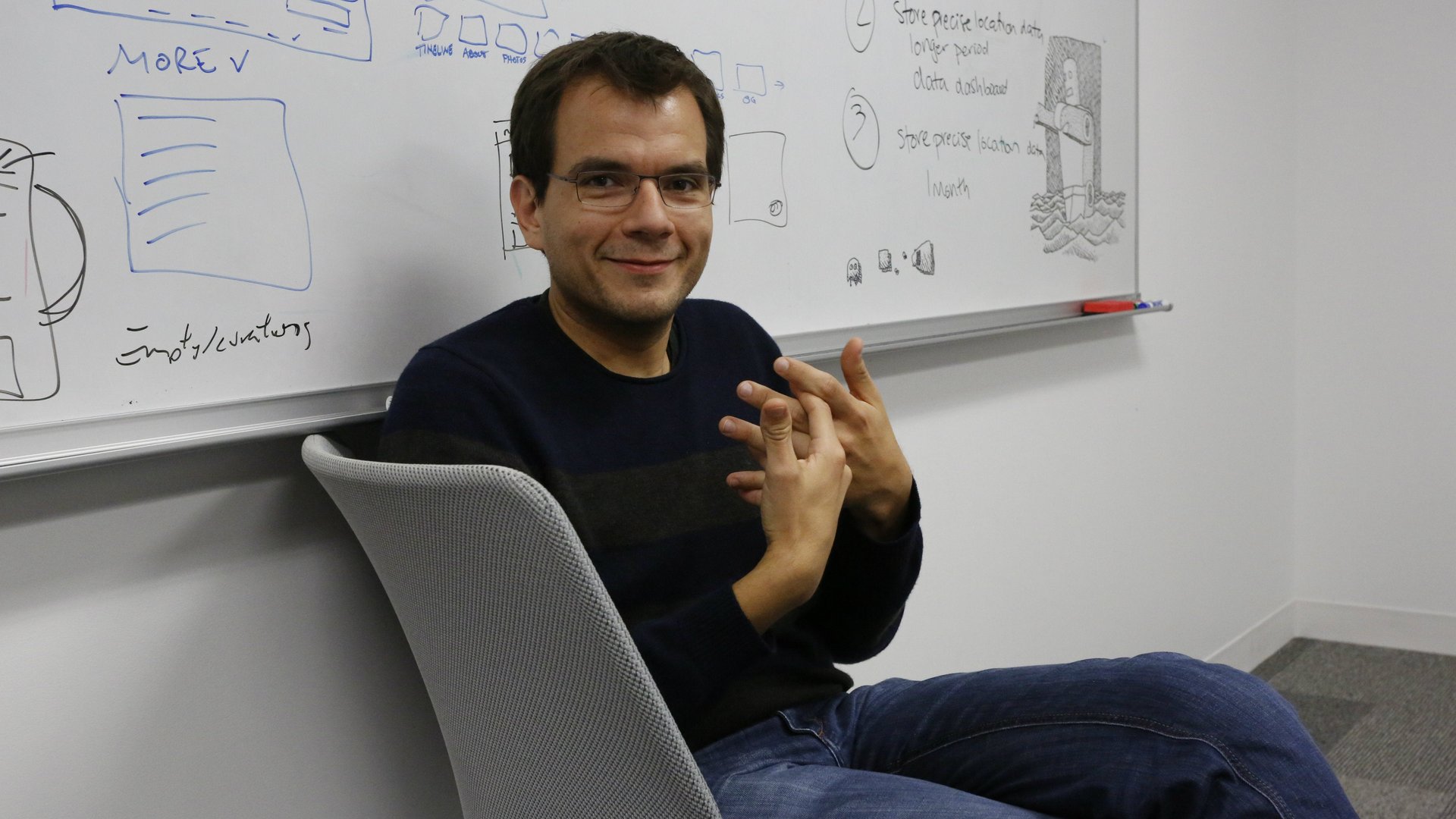What reporting directly to Mark Zuckerberg taught this VC about leadership
Mike Vernal learned a lot by reporting directly to Mark Zuckerberg for nearly a decade at Facebook, including what traits separate CEOs like Zuckerberg from the rest.


Mike Vernal learned a lot by reporting directly to Mark Zuckerberg for nearly a decade at Facebook, including what traits separate CEOs like Zuckerberg from the rest.
“The best founders have what is called a ‘growth mindset’—where they really value learning and self improvement above all else,” Vernal explained from Chelsea Piers in New York, where Sequoia Capital, the venture firm he joined six months ago, was hosting an event to encourage college students to join startups. ”Mark is certainly in that category. They surround themselves with advisors who help them get that, surround themselves with team members who help them get that, and try to discipline themselves to learn new things, constantly acquiring new skills and getting better at the things that you need to get better at.”
Psychologist Carol Dweck popularized the concept of a “growth mindset” with her 2006 book Mindset: The new psychology of success and her subsequent 2014 TED talk, “The power of believing that you can improve.” She determined that people tend to fall into two categories: ones who believe that their traits are intrinsically “fixed” and those who believe that they can evolve.
Vernal, who oversaw Facebook’s search and developer products, gave the example of how Zuckerberg taught himself Mandarin (in order to woo leaders in China, where Facebook is blocked). His boss’s other attempts at self-improvement are well-documented: a few months ago Zuckerberg ran his first half marathon, and last year he committed to reading a new book every two weeks. He also surrounds himself with advisors who challenge him; his partnership with Sheryl Sandberg is considered one of the most successful in Silicon Valley.
Vernal emphasized that Zuckerberg is “highly mission driven,” which forces personal and collective growth. It’s the characteristic that led him and his wife Priscilla Chan to donate $3 billion to cure all diseases within their child’s lifetime—a lofty goal, but one that is attracting some of the best minds in the world.
Self-improvement blogger Benjamin Hardy recently wrote about Dweck’s mindset theory. He says that the key to growth is adopting a flexible view of self—believing that you don’t yet have the skills required, but that it’s possible to step into them. “If you love a particular cause, you’ll be who you need to be to bring that cause forward,” he wrote. “You won’t let your current deficiencies stop you. You’ll get educated. You’ll acquire skills. You’ll develop relationships. You’ll fail. You work. You’ll look foolish.”
In his new role as a Sequoia Capital investor, that desire for growth (and the humility required to achieve it) is something Vernal looks for in founders. “If you have the capacity to learn and are in a situation where you’re just absorbing all this information,” he explained, “you end up with this kind of crazy learning slope.”
Image by Robert Scoble on Flickr, licensed under CC-BY-2.0.